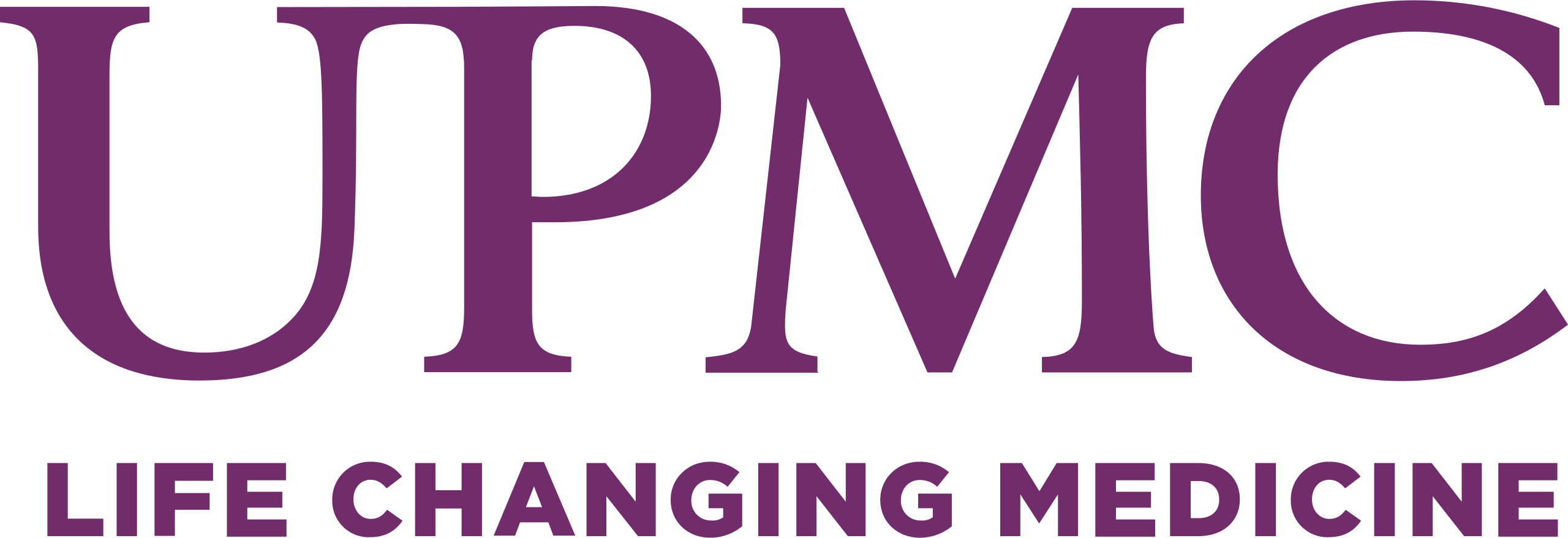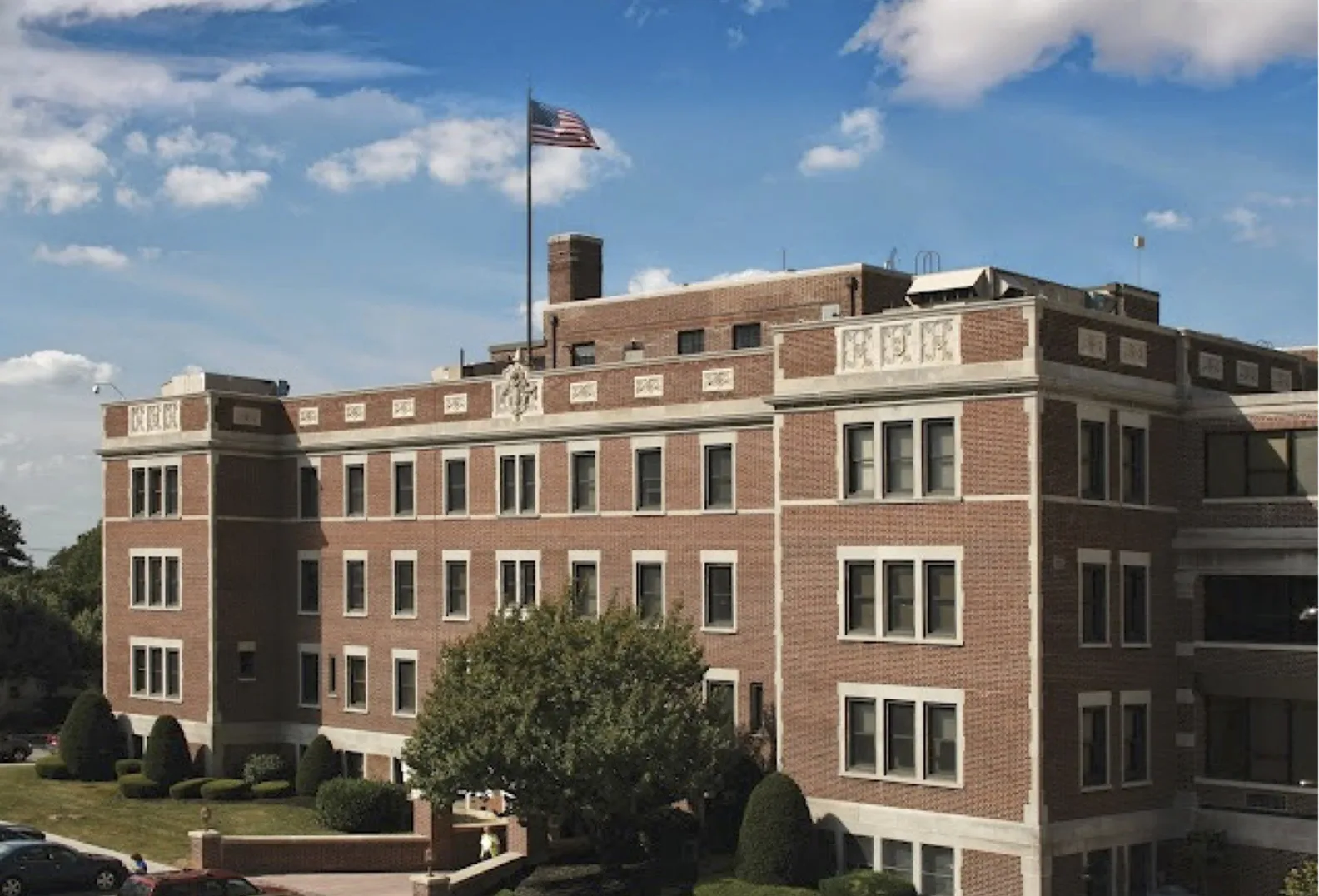
ExaGrid Helps Hanover Hospital Increase Retention, Meet Increased Regulatory Requirements
Customer Overview
Hanover Hospital has 119 beds and services both urban and rural parts of York and Adams Counties in Pennsylvania. The major strength of Hanover Hospital is found in the ability of its physicians and staff to offer extensive services utilizing state-of-the-art technology, while maintaining the personalized care of a community hospital. The hospital has become a leader in providing high quality healthcare services to its patients and is always pursuing excellence and expanding its capabilities to meet the healthcare needs of the community. Hanover Hospital is located in Hanover, Pennsylvania. In 2017, Hanover hospital became part of UPMC health system.
Key Benefits:
- Average dedupe ratio, 14:1
- Able to restore files with touch of a button
- Required disaster recovery solution in place
- Extremely responsive customer support
- 25% reduction in administration each week on tape rotation alone
- Seamless integration with Veritas Backup Exec
High Cost of Tape, Need for More Retention Led to Search for a New Solution
The IT department at Hanover Hospital was faced with the dilemma of how to cost-effectively meet increased data retention regulations with tape. The hospital had already purchased additional tape to meet increased retention requirements once before and was reluctant to do it again, especially considering the cumbersome nature of tape and how difficult it was to recover data.
The staff began to research disk-based backup solutions and considered products from both Dell EMC Data Domain and ExaGrid. “We closely looked at both products and decided to purchase the ExaGrid system. It was the more cost-effective of the two, we liked the simple management interface, and it was the most scalable,” said Matthew Bjonnes, senior systems administrator at Hanover Hospital.
Hanover Hospital purchased a two-site ExaGrid system. Data is backed up nightly to an ExaGrid appliance located in the hospital’s main datacenter and then replicated to a second appliance located 50 miles away for disaster recovery. The ExaGrid systems work in conjunction with the hospital’s existing backup application, Veritas Backup Exec. The hospital backs up all of its data to the ExaGrid system, including SQL, OS and file data, and its Meditech hospital information system.
"We looked closely at both products and decided to purchase the ExaGrid system. It was the more cost-effective of the two, we liked the simple management interface, and it was the most scalable. "
14.1 Average Deduplication Ratio, 21:89.1 for Exchange Data
ExaGrid’s built-in data deduplication technology helps maximize disk space and improve retention. Currently, Hanover Hospital is receiving an average deduplication ratio of 14:1, with Exchange data garnering a 21.89:1 ratio.
“ExaGrid’s data deduplication technology is extremely effective at reducing our data. We’re easily able to meet our retention goals and restores are so much faster than they were with tape. Before, we had to search for tapes and determine whether the right tape was onsite or offsite, then go through the whole process of restoring the information. Now, we have so much data at our fingertips. We can restore files with the touch of a button,” said Bjonnes.
ExaGrid writes backups directly to a disk-cache Landing Zone, avoiding inline processing and ensuring the highest possible backup performance, which results in the shortest backup window. Adaptive Deduplication performs deduplication and replication in parallel with backups for a strong recovery point (RPO). As data is being deduplicated to the repository, it can also be replicated to a second ExaGrid site or the public cloud for disaster recovery (DR).

Easy Setup and Management, Responsive Customer Support
Bjonnes said that installing the ExaGrid system was a simple, straightforward process. “Setting up the ExaGrid system was easy. We set them up as two separate sites and everything automatically replicates at night. It really was ‘set it and forget it.’ The management interface is also easy to use and we like the reporting,” he said. “We are also saving a lot of time in terms of management and administration. We were spending approximately ten hours a week just on tape rotation alone. We’re now able to spend that time on other things.”
The ExaGrid system was designed to be easy to set up and operate. ExaGrid’s industry-leading level 2 senior support engineers are assigned to individual customers, ensuring they always work with the same engineer. Customer’s never have to repeat themselves to various support staff, and issues get resolved quickly.
“I really can’t say enough about ExaGrid’s customer support. Our support engineer is very responsive and if we have any issues, he can remote in right away and get to work. He really knows his way around the system and has been extremely helpful and responsive,” said Bjonnes.
Scalability to Meet Future Demands
As Hanover Hospital’s backup demands increase, the ExaGrid system can easily scale to accommodate more data. ExaGrid’s appliance models can be mixed and matched into a single scale-out system allowing a full backup of up to 2.7PB with a combined ingest rate of 488TB/hr, in a single system. The appliances automatically join the scale-out system. Each appliance includes the appropriate amount of processor, memory, disk, and bandwidth for the data size. By adding compute with capacity, the backup window remains fixed in length as the data grows. Automatic load balancing across all repositories allows for full utilization of all appliances. Data is deduplicated into an offline repository, and additionally, data is globally deduplicated across all repositories.
“The amount of data we generate keeps increasing and with government regulations changing all the time, we need to make sure that we have the flexibility to increase our backup capacity. The ExaGrid system was designed from the ground-up with scalability in mind, so as our needs grow, we know the ExaGrid will be able to handle the additional load,” said Bjonnes. “The ExaGrid was a very good solution for our facility because we were able to gain faster, more efficient backups and restores, better retention, and improved disaster recovery. We’ve been pleased with the system.”
ExaGrid and Veritas Backup Exec
Veritas Backup Exec provides cost-effective, high-performance backup and recovery – including continuous data protection for Microsoft Exchange servers, Microsoft SQL servers, file servers, and workstations. High-performance agents and options provide fast, flexible, granular protection and scalable management of local and remote server backups. Organizations using Veritas Backup Exec can look to ExaGrid Tiered Backup Storage for nightly backups. ExaGrid sits behind existing backup applications, such as Veritas Backup Exec, providing faster and more reliable backups and restores. In a network running Veritas Backup Exec, using ExaGrid is as easy as pointing existing backup jobs at a NAS share on the ExaGrid system. Backup jobs are sent directly from the backup application to ExaGrid for backup to disk.
Intelligent Data Protection
ExaGrid’s turnkey disk-based backup system combines enterprise drives with zone-level data deduplication, delivering a disk-based solution that is far more cost effective than simply backing up to disk with deduplication or using backup software deduplication to disk. ExaGrid’s patented zone-level deduplication reduces the disk space needed by a range of 10:1 to 50:1, depending on the data types and retention periods, by storing only the unique objects across backups instead of redundant data. Adaptive Deduplication performs deduplication and replication in parallel with backups. As data is being deduplicated to the repository, it is also replicated to a second ExaGrid site or the public cloud for disaster recovery (DR).